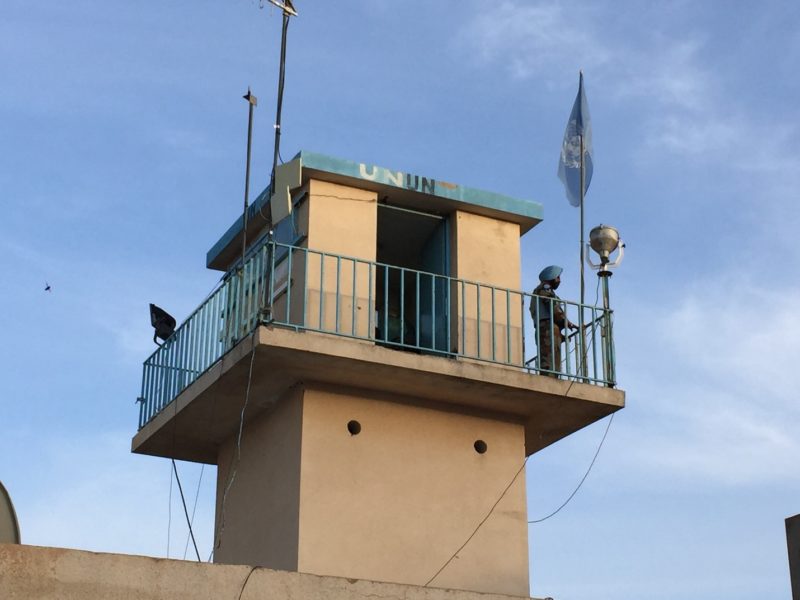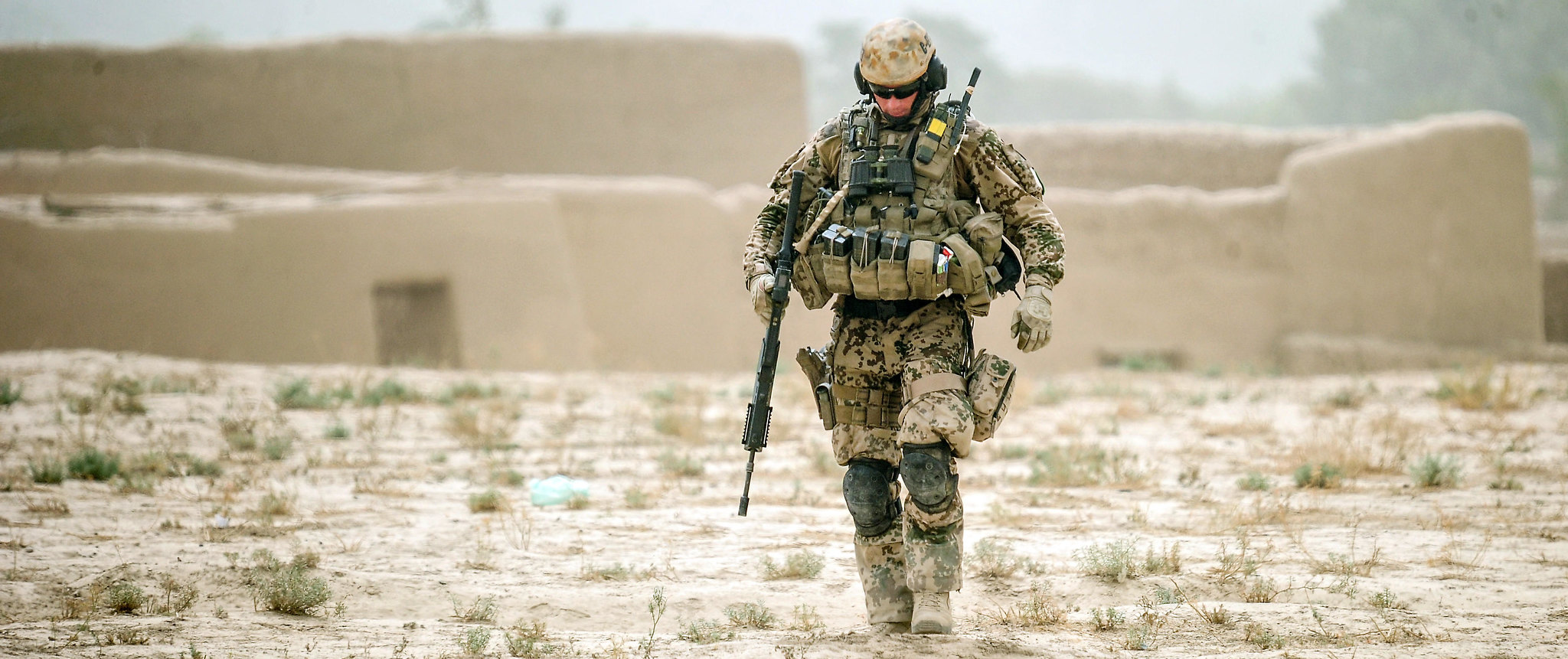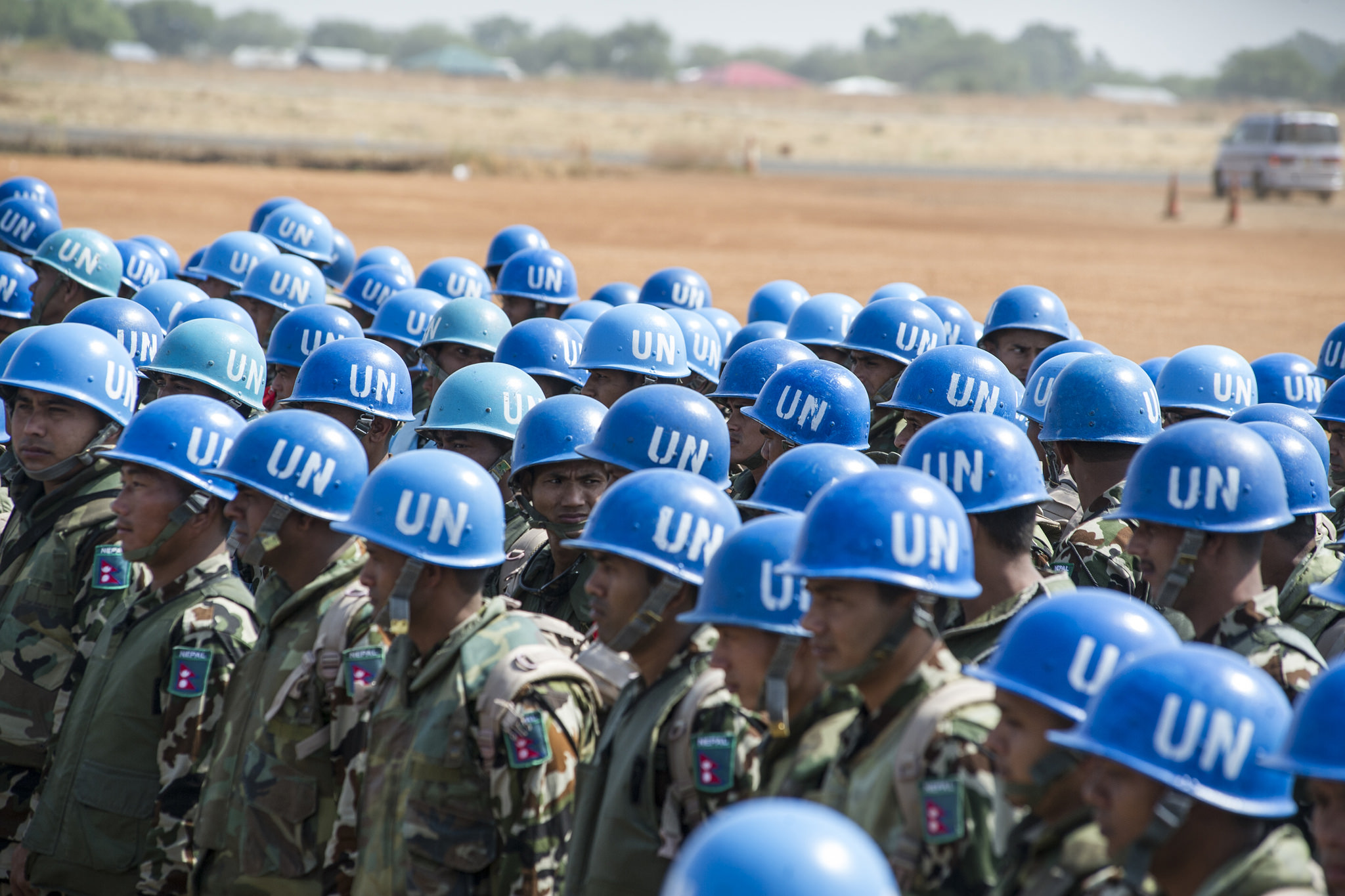
Wednesday’s coup in Egypt runs counter to the trend of an apparent decrease in the incidence of military coups. According to the Economist Intelligence Unit the number of coups in sub-Saharan Africa has fallen significantly since 1990. Between 1960 and 2000, 20 coups were successful, but only 6 have succeeded since 2000.
So today’s puzzler is this: Why have militaries been less likely to launch coups over the last twenty plus years? And why did the Egyptian military choose to launch a coup now?








0 comments
One of the key issues in most coup attempts is secrecy–that coups work best if they are a fait accompli that forces the other side to be the one to use force first. But if word gets out, then the government can respond, making it hard for the coup to be successful. Perhaps in an age of cell phones and other forms of communication, it may be harder for coup-plotters to make their moves in secret. Given that the stats on coups suggest that they only work out 50% of the time and failing in a coup can be catastrophic for the plotters, the decrease in secrecy may mean that more potential coup plotters are deterred.
Also, there are more democracies these days and more stable ones than in the past, so fewer opportunities to coup perhaps.
> And why did the Egyptian military choose to launch a coup now?
If they assumed Mursi would resign sooner or later (or be gone somehow), then it was more beneficial for the military to show power and use the situation to present itself as the enforcer of its people.
And two things made the aftermatch of the coup look rosy, and they knew this beforehand:
1) a lot of respected people (elbaradai,etc) have shown themselves in support of it
2) obviously, the massive protests
Both of which allowed the interpretation of the coup as a step towards democracy, which is important to not lose support from allies (US seems okay with the coup; EU split as usual.
If ever there was a less secret, less surprise coup, it would be Egypt’s July 3rd “military facilitated, religious leadership and civil society endorsed annulment of the Morsi Presidency.”
Why Egypt? Why now? The short answer seems to be that the coup was successful because the army had both the capacity and the popular backing to complete it when the street gave them the green-light to “throw the bums out,” so to speak.
Although the timing of the coup was clearly linked to the popular protests, it was long expected if you listen to students, hair-dressers, taxi-drivers and moms at birthday parties. The last year in Egypt has been like watching a train-wreck in slow motion; everyone can see things spiraling to the brink of state-collapse but no one seems capable of doing anything beyond hanging on or covering their eyes. The question was not whether the military would take over again, but when and for how long.
Despite taking a beating during its year in power, the army is still seen as one of the few legitimate and functional institutions in the country. It its also relatively autonomous, both due to its successful negotiations with the Morsi government and its independent financing (the Egyptian military runs a large number of factories and economic interests). It is also important to note that there is no counter-force that could even moderately stand against them. There may be some militias in the offing, but none capable of repelling a coup executed by the army.
However, I think the success of Tamarod and similar movements in mobilizing the street was also vital. Had there only been crowds in the paltry 100,000s I think the army would have held back. SCAF is chary of overly antagonizing the United States and other important regional actors who’s backing they will eventually need to pull the country back from the brink of political and economic meltdown.
I don’t have too much to offer on the decline of coups in Sub-Saharan Africa, but there could be some correlation with the petering out of some of the longer running civil wars, some through durable settlements and some through varying degrees of attrition. This is a long-shot, but maybe the inauguration of the ICC has had some influence in that a President-cum-warlord can be indicted and dispatched to the Hague in lieu of being deposed by a coup.
20 successful coups between 1960-2000 gives a rate of 5 per decade. So how does having six successful coups since 2000 represent a meaningful decline?